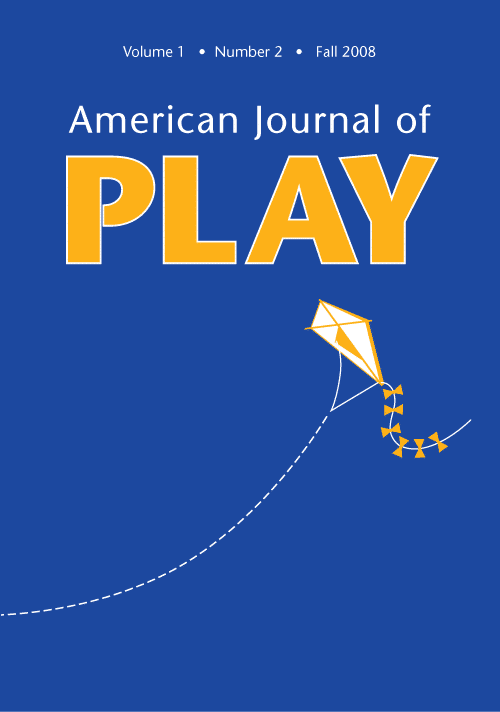What's Wrong with America's Playgrounds and How to Fix Them: An Interview with Joe L. Frost
Joe L. Frost is Parker Centennial Professor Emeritus at the University of Texas, Austin, and one of America’s leading experts on play and playgrounds. In addition to having taught child development and early childhood education at Texas and several other universities, he has written or edited fifteen university-level textbooks and more than one hundred articles and reports, lectured throughout the world, and served as a consultant to the U.S. Consumer Product Safety Commission, the U.S. Department of Justice, and myriad cities, schools, universities, hospitals, and public park systems. He served as president of the Association for Childhood Education International and of the International Play Association USA and continues to direct research at the University of Texas Play and Play Environments Research Project. Here Frost talks about what sparked his lifelong interest in playgrounds, their evolution over the last half century, their current state, lawsuits and other factors that influence the way children play outdoors today, and current trends in playground design and development. He also makes recommendations for correcting inconsistencies in state and federal playground safety standards and regulations.




